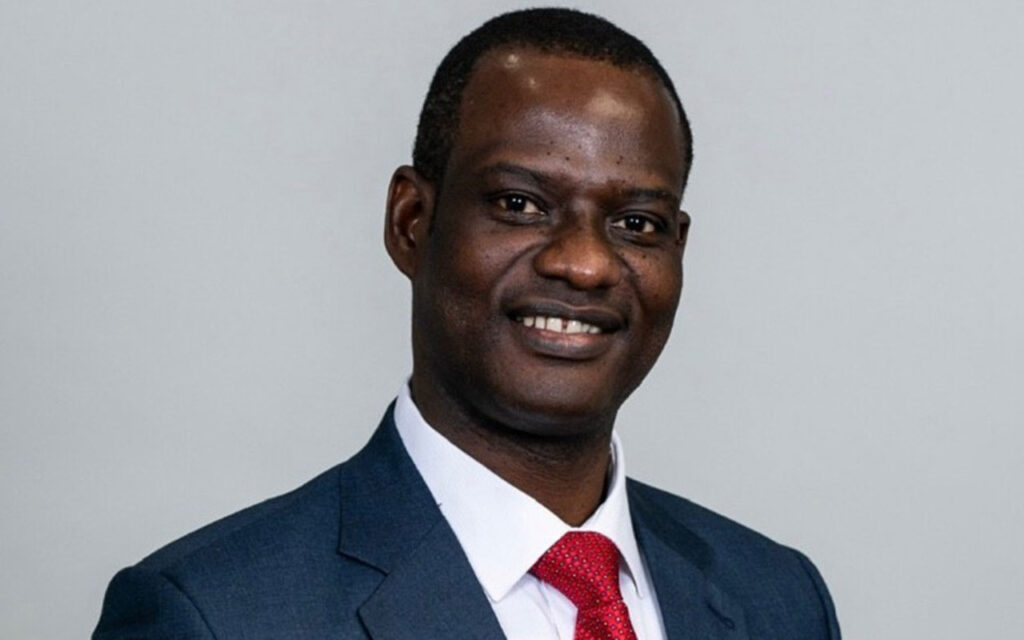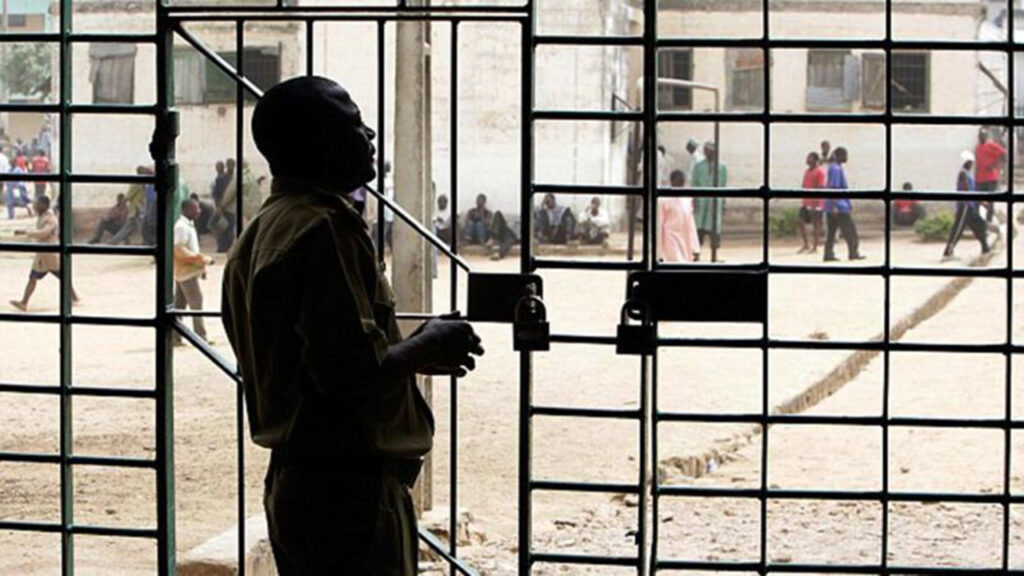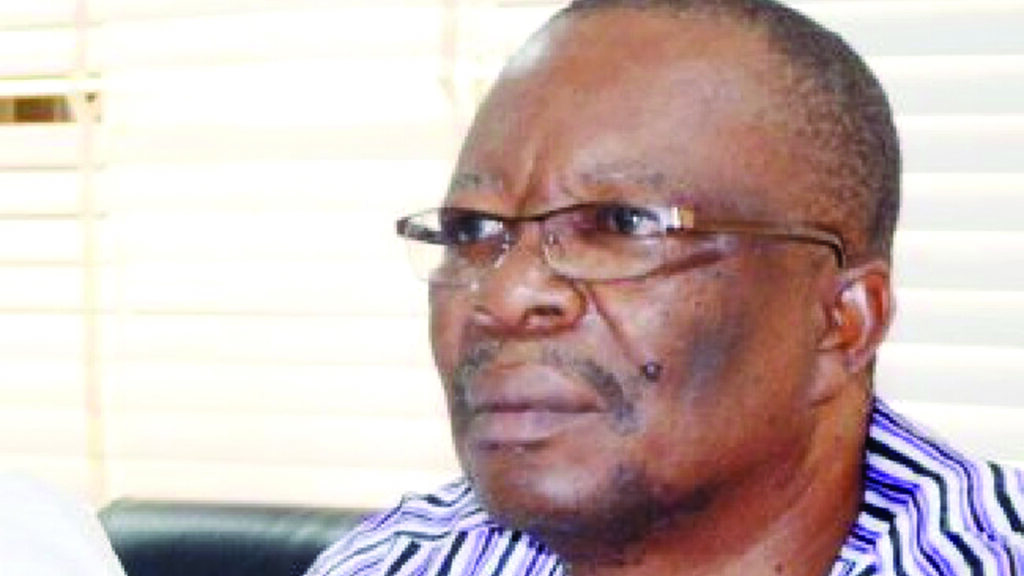
• Say one woman dies every six minutes due to unsafe abortion
About 150 women groups and civil society organisations, yesterday, urged Lagos State government to reinstate the suspended guidelines on safe termination of pregnancy for legal indications, as well as make provision for termination of pregnancy in cases of incest, rape and sexual and gender-based violence.
The groups, in the appeal, yesterday, by founding Director of Women Advocates Research and Documentation Centre (WARDC), Dr Abiola Akiyode-Afolabi, during a webinar on safe termination of pregnancy for incest, rape and other diseases, said: “Unsafe abortion remains a significant contributor to maternal deaths in Nigeria, constituting 10 per cent of the global maternal death rate and the second leading cause of maternal mortality.”
MEANWHILE, key stakeholders in the health sector have advocated for a review of the nation’s health curriculum, especially as it relates to reproductive health.
They called for the integration of reproductive health to undergraduate and post-graduate medical colleges.
A renowned professor of Obstetrics and Gynecology at the University of Benin (UNIBEN), Friday Okonofua, who spoke in Abuja during the opening of a two-day workshop on reproductive health curriculum review, stressed the need for comprehensive reproductive health education that focuses on preventive rather than curative practice.
Okonofua, who leads the African Centre of Excellence in Reproductive Health at UNIBEN, expressed concern that most of the components currently on our reproductive health surround the treatment of conditions that lead to death rather than its prevention.
In his presentation, Dr Ibrahim Abbas disclosed that every six minutes, a Nigerian woman dies needlessly because of unsafe illegal abortion.
He said that while Nigeria continues to lead the sub-region in adopting global and regional initiatives to address sexual and reproductive health (SRH) disease burden, the country still has some of the worst Reproductive Health (RH) indices in Africa.













